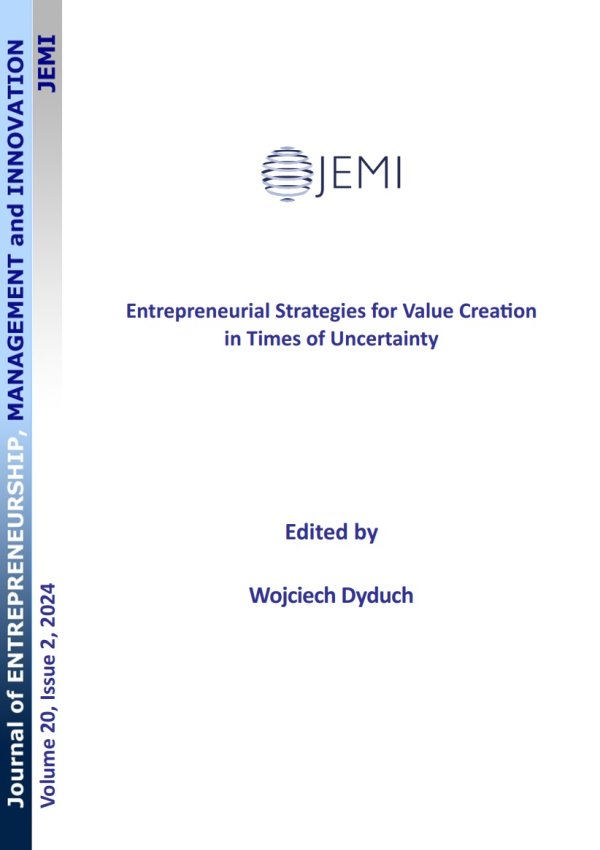Manuel González-López, Ph.D., Department of Applied Economics, ICEDE Research Group, University of Santago de Compostela, Rectorado, Praza do Obradoiro, s/n, 15782 Santago de Compostela, La Coruña, Spain, e-mail: Manuel. This email address is being protected from spambots. You need JavaScript enabled to view it..
Abstract
In this paper, we analyze the competitive and innovative trajectories followed by the canned fish industry in recent times. We base our study on four case studies from the Galician industry in Spain, which comprises the largest share of the European canned fish sector. At least four different innovation patterns are found in the industry. The first pattern is a conservative one where innovation is seen as a risk and therefore maintaining current routines is the chosen option. The second pattern has been defined as “large retailer-dominated” and is followed by companies that have signed exclusive agreements with large retailers, which increasingly determine most of their innovation activities. The third strategy we have defined as “territory-orientated,” since product innovation and incorporation of quality distinctions based on the territory are the main innovation drivers. Finally, we have an “ecological or nature orientated” innovation strategy where meeting ecological normative requirements is the main innovation driver.
Keywords: canned fish, innovation, trajectories, food industry, value chain, retailers, private labels, territory, ecological products.






